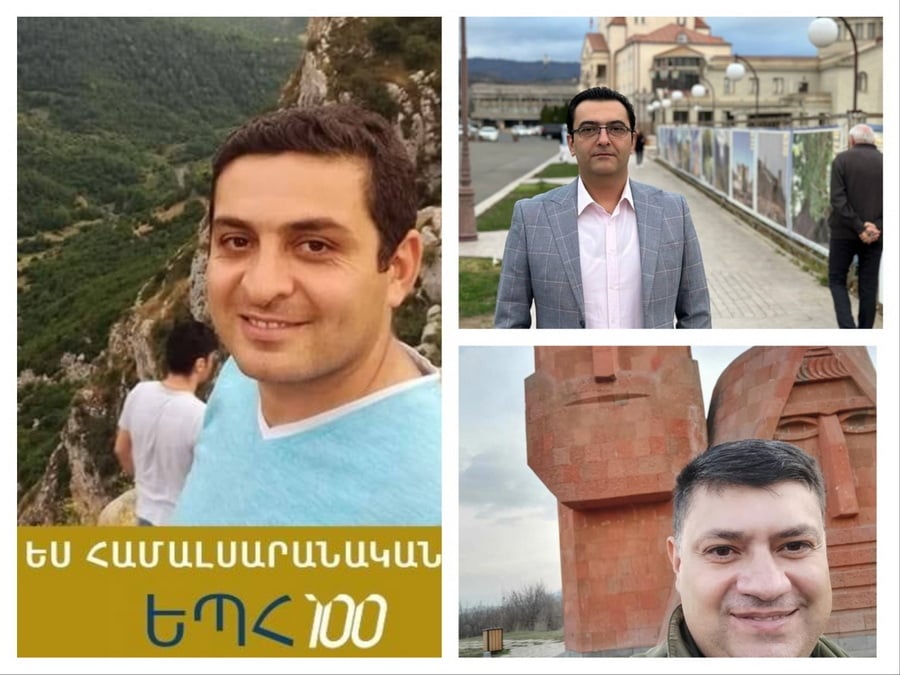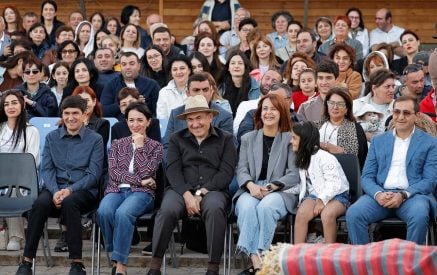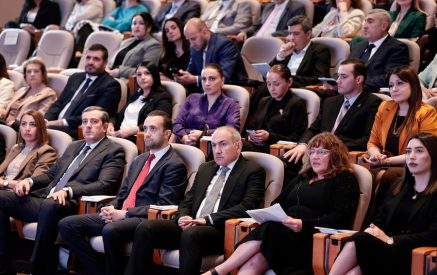There is a famous quote from Sergey Dovlatov: “We endlessly curse Comrade Stalin, and of course, we are right. However, I want to ask—who wrote the four million denunciations?” This is an important question. However, it is also worth noting that even during Stalin’s time, there were people who, while not opposing the Soviet government, refused to participate in political repressions.
I am referring primarily to the intellectual, university, and academic communities. These individuals did not hold high-ranking positions or become government favorites, but they continued to work in fields like science, art, and education, providing immense benefits. In fact, I am certain that even today, we continue to enjoy their contributions, decades after 1991. (I will elaborate on this topic another time.)
If this was true during the harsh Stalinist period, it was certainly also true in the 1960s and 1970s. Not all academics signed the letters “condemning” Sakharov. Not all writers joined the campaign against Solzhenitsyn. The world-famous musician Rostropovich, for example, sheltered Solzhenitsyn in his home. Not all professors at Yerevan State University supported the authorities’ attempts to keep Edmon Avetyan and Rafael Papayan away from students. People who were guided by their conscience were not necessarily dissidents or “anti-Soviet”—they simply had principles.
In modern Armenia, which has been declared the “bastion of Western democracy,” there are surprisingly many who flatter the government, serve it, and enter relevant structures.
Even those who do not serve or flatter the government face no serious “punishment.” If they express their disagreement with the dismissal of a few professors from YSU for political reasons, their world will not fall apart. Perhaps, however, some “Soviet inertia” is still at play.
Read also
…The strength and influence of leading American and European universities also lie in their broad-mindedness and commitment to academic freedom.
Aram Abrahamyan





















































